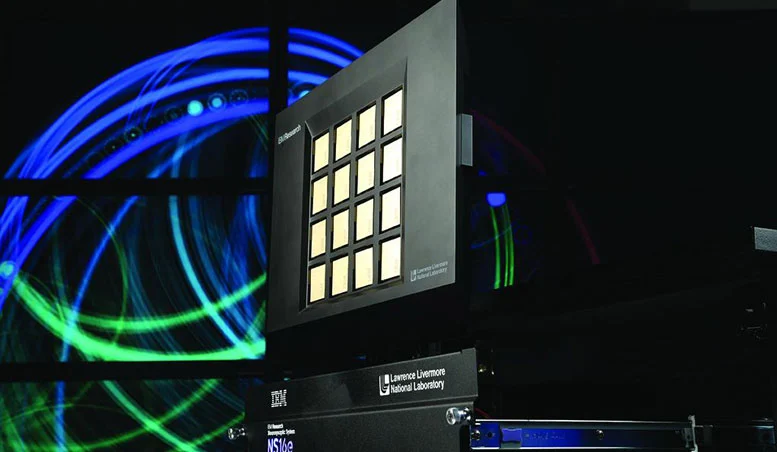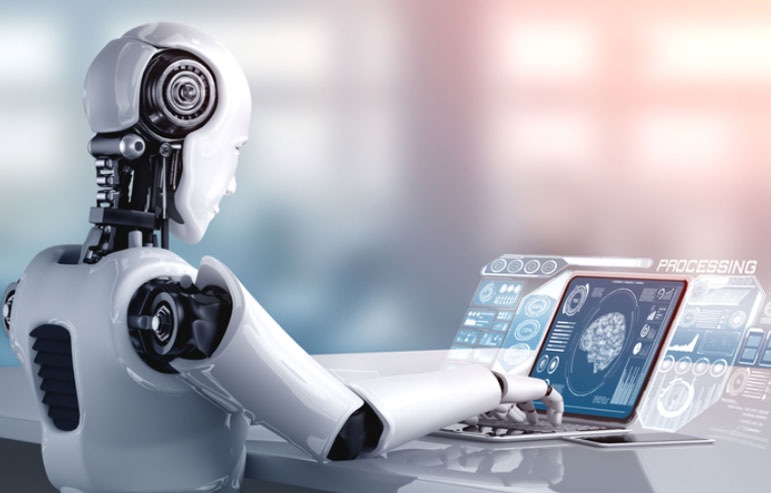AI Can’t Live Off Free Art Forever: The Productivity Commission’s Warning on Creative Rights
- bykrish rathore
- 07 November, 2025

Artificial intelligence is reshaping every industry, from healthcare and finance to education and entertainment. But one of the most controversial and complex debates emerging today centers on art—specifically, who owns creativity in an era dominated by algorithms. The issue came into sharper focus after the Australia Productivity Commission released a discussion that challenges one of the AI industry’s most overlooked dependencies: free access to human-made art.
For years, AI systems have been trained on vast datasets containing images, music, writing, and design created by real people. These creative works, scraped from the internet without explicit permission, serve as the foundation for models that can now paint portraits, compose songs, and even write essays in seconds. While the technology appears magical, the underlying ethical problem is growing: AI can’t live off free art forever.
The Commission’s report highlights how creative labor has been undervalued in the digital economy. Artists, illustrators, writers, and musicians often find their work circulating in data sets that power billion-dollar AI models—without credit, payment, or consent. The result is a system where creativity fuels automation, but human creators are left behind. This imbalance, if unchecked, could reshape the global creative economy in ways that harm innovation and diversity.
AI companies argue that their use of creative data falls under “fair use” or “transformative learning,” meaning the algorithms don’t reproduce the works directly but learn from them statistically. However, the Commission challenges this argument. It suggests that such interpretations may not hold up ethically—or legally—when AI-generated content competes directly with the very artists whose work it learned from. In simple terms, AI cannot sustain itself if it continues to rely on unpaid artistic labor while commercializing the results.
The debate has sparked global attention. Across the U.S., Europe, and Asia, artists have begun filing lawsuits against AI firms for copyright infringement. Platforms like Adobe and Shutterstock have introduced “ethical” AI training policies that rely on licensed or consent-based datasets. Meanwhile, creative professionals are calling for clearer regulations to ensure that human creators are recognized and rewarded whenever their work contributes to an AI model’s capabilities.

Note: Content and images are for informational use only. For any concerns, contact us at info@rajasthaninews.com.
TSMC Optimistic Amid...
Related Post
Hot Categories
Recent News
Daily Newsletter
Get all the top stories from Blogs to keep track.










